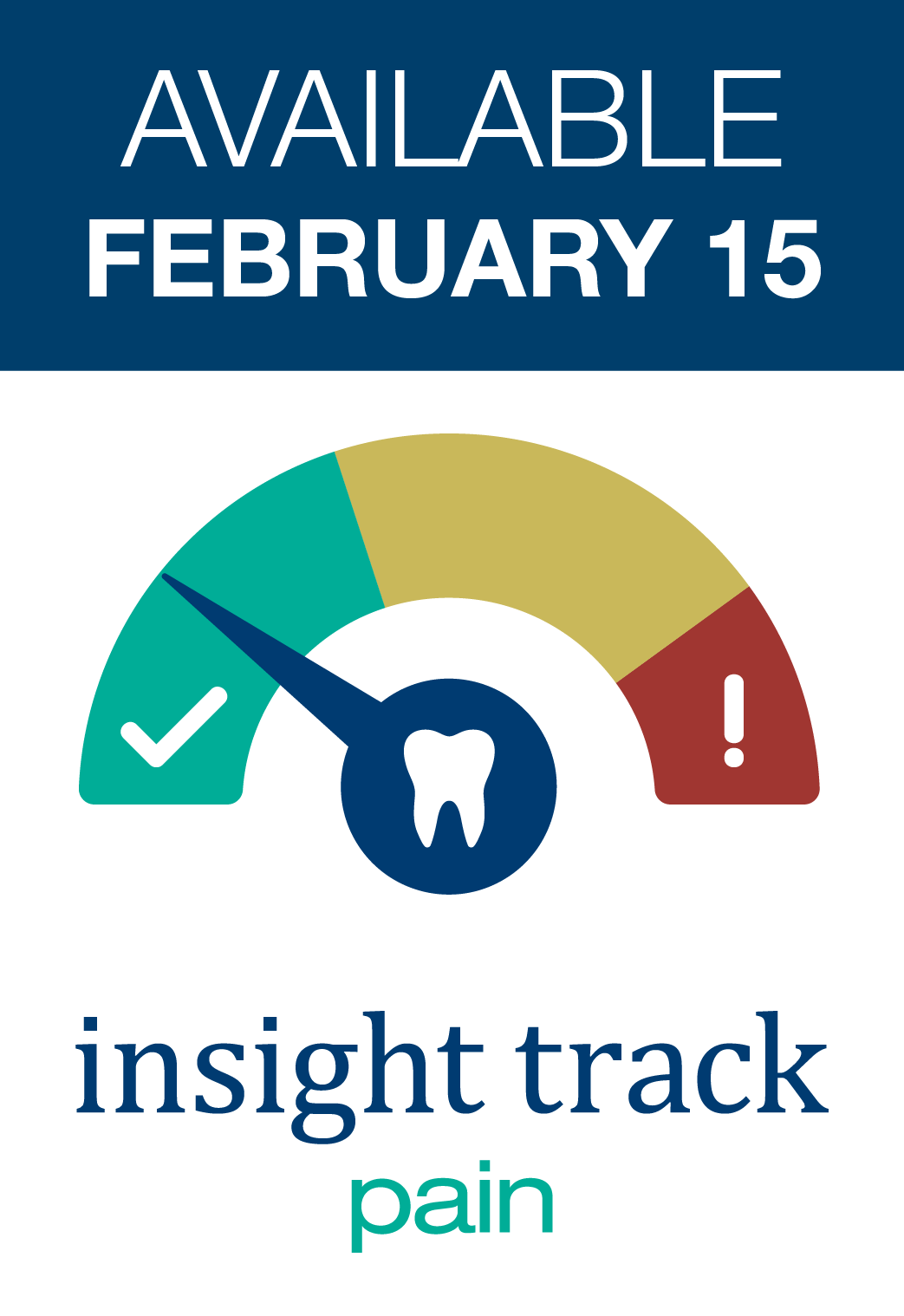
SP-26 The Potential of Human Induced Pluripotent Stem Cells in Regenerative Endodontics
CE Hours: 0 CE hour
Dental pulp tissue is composed of cell types of multiple embryonic germ layer origins, hence to regenerate pulp tissue there is a need for stem or progenitor cell populations with bona fide differentiation capacity. A key hurdle limiting progress in the field of regenerative endodontics has been the identification of such populations of cells. Patient-specific induced pluripotent stem cells (iPSCs) are a powerful and inexhaustible source of cells, which can differentiate into cells from all three embryonic germ layers origin. In addition to their pluripotency, their derivation from adult somatic-cells overcomes the ethical problems associated with embryonic stem cells and avoids the immunologic rejection associated with the use of allogeneic donor cells. This presentation will discuss the potential of iPSCs as an alternative source of cells to regenerate dental pulp tissue. Furthermore, recent in-vitro and in-vivo studies will be reviewed in addition to recent findings by the presenter’s research group.
At the conclusion, participants should be able to:
- Explain the difference between multipotency and pluripotency and the limitation of dental mesenchymal stem cells.
- Recognize the potential of human induced pluripotent stem cells in regenerative endodontics.
- Describe the developmental origin of dental pulp tissue and appreciate the fact that dental pulp tissue is composed of cells of different embryonic germ layer origin.
Key:

Mohamed Jamal. Ahmed, D.D.S., CAGS, M.S.D., D.Sc.D., FRCD(C)
Dr. Mohamed Jamal received his D.D.S. from Ajman University, United Arab Emirates, in 2005. After one year of internship at Dubai Health Authority, Dr. Jamal joined the Boston University Institute for Dental Research and Education – Dubai (BUIDRE), where he obtained his CAGS and M.S.D. in Endodontics in 2011. During his residency at BUIDRE, Dr. Jamal was awarded a grant from the Emirates Foundation to support his research on dental pulp stem cells. In 2012, Dr. Jamal joined the Goldman School of Dental Medicine, Boston University, to complete his D.Sc.D. in endodontics. Dr. Jamal joined the Center of Regenerative Medicine, Boston University, where he was working on human embryonic and induced pluripotent stem cell. He developed protocols for directed differentiation of these cells into cells of different lineages such as endothelial cells, smooth muscle cells and dental pulp cells. Dr. Jamal received multiple awards, including the Young-Emarati research award, the 2016 best research award at Boston University, Top-10 resident research award from the AAE Fall Meeting 2016 and research grant from the AAE Foundation. Dr. Jamal was a member of the regenerative committee of the AAE and is a member of the scientific advisory board of the "Journal of Endodontics."
Mohamed Jamal. Ahmed, D.D.S., CAGS, M.S.D., D.Sc.D., FRCD(C)
I declare that I have no proprietary, financial, or other personal interest of any nature or kind in any product, service, course, and/or company, or in any firm beneficially associated therewith, that will be discussed or considered during the proposed presentation.


